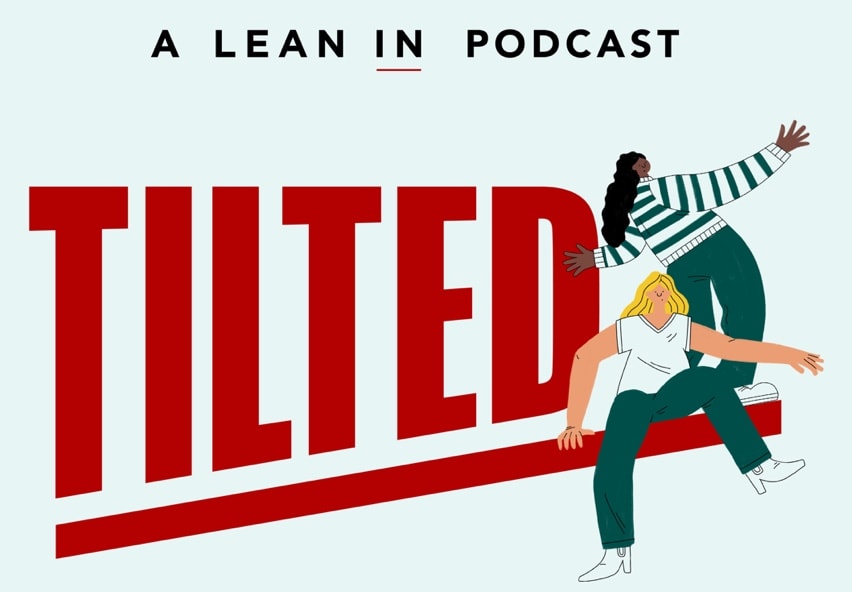
Tilted, a Lean In Podcast
Tilted explores topics at the intersection of gender and culture – and brings you conversations with people pushing for change.
We asked, you answered! Two women who will inspire you to take action in 2021
We’re passing the mic to two of our listeners—Ifeoma Finnih and Jen Shyu. They’re both paving the way for the next generation—and doing it with gusto.
Listen now





